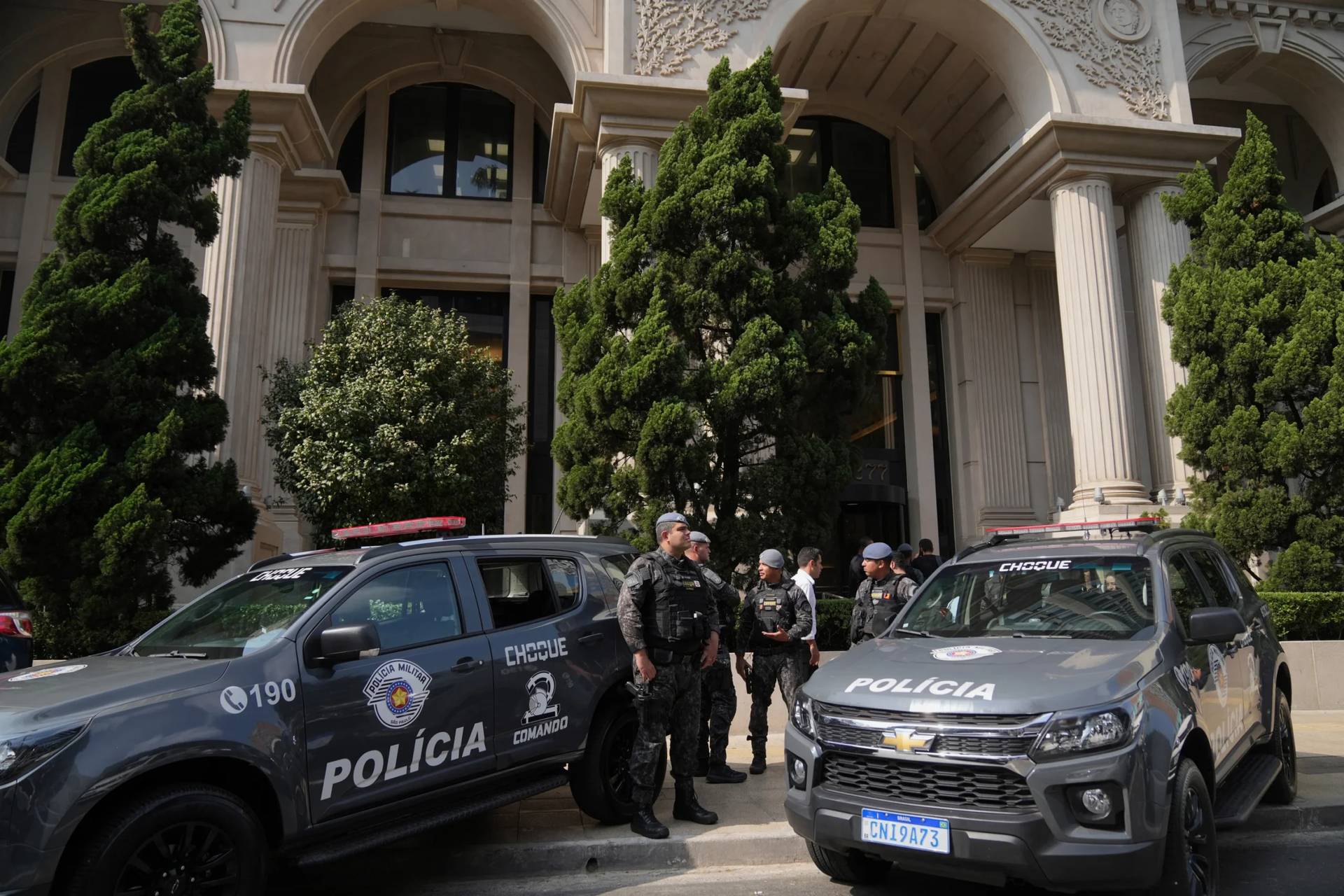SÃO PAULO – Members of Indigenous groups were the largest number of people murdered in land disputes in Brazil in 2022.
According to the Bishops’ Conference’s Land Pastoral Commission (CPT), which releases a report on rural conflicts every year, 47 people were killed last year as a result of such disputes – and 18 of them were Indigenous persons.
The study shows that 181,304 families were affected by land disputes in Brazil last year. The number of conflicts reached 1,572 in 2022, 16 percent higher than in 2021. More than a quarter of them involved Indigenous peoples.
All kinds of violence associated with land disputes grew last year. About 30,000 families – one sixth of the total number of families suffering from such conflicts – faced armed thugs hired by large landowners or other agents claiming ownership of land. The number of attempted killings was 123, and 206 death threats were reported.
“We also noticed an increasing number of attacks involving pesticides, something that we call ‘chemical warfare’. That is disturbing, because it has several consequences for the people and for the environment,” said Isolete Wichinieski, a national coordinator for CPT.
According to the report, 193 people have been directly attacked with pesticides, an increase of 172 percent in comparison with the number of cases reported last year, which was 71. Almost 7,000 families suffered from the pesticides, 86 percent more than 2021.
“That is a problem that contributes to drive away those families from the countryside. Pesticides can have a serious impact on crops, rivers, and on the environment as a whole,” Wichinieski said, adding that the pesticide attacks may even make food prices higher in different regions of the nation.
CPT’s report also demonstrated that the Amazon continues to be the center of most of the land disputes in Brazil. In 2022, more than half of such disturbances happened in the region. Most killings also took place in the Amazon, 34 of them.
“The attack on the Amazon became visible for many in Brazil with the Yanomami crisis,” she said.
In January, hundreds of cases of malaria and starvation among the Yanomami came to public attention after pictures of skinny senior citizens and children were released by an Indigenous organization in the Amazon.
The federal government took the patients in the most serious condition to hospitals in large cities and promised to remove 20,000 illegal miners from of the Yanomami territory.
Analysts blame illegal mining for the humanitarian crisis in the Yanomami territory. The large pits that result from the mining operations retain storm waters and become hatcheries for mosquitoes carrying malaria. Heavy metals used to obtain gold pollute the soil and the nearby rivers, killing fish and impacting the flora. Attacks by armed miners against Yanomami members were also reported.
Like the Yanomami, several other indigenous groups, especially in the Amazon, have been suffering with the invasion of their lands.
That is the case of the Indigenous groups that live in the Javari river valley, where poachers and fishermen have been illegally operating. In May of 2022, the indigenous rights advocate Bruno Pereira and the British journalist Dom Phillips were murdered in the region. Their case has not been fully solved and the local residents are still dealing with land invaders.
“The Federal Police sent a mobile base to the Javari valley. But we need a larger governmental structure there, including agents of environmental agencies,” lawyer Beto Marubo, a leader of the Marubo people, told Crux.
CPT annual reports have consistently shown that rural violence increased in Brazil during former President Jair Bolsonaro’s tenure. Not only did he loosen gun control and increased the number of weapons in circulation in Brazil, but he also incentivized land invaders in the Amazon and criticized Indigenous groups and other traditional peoples for “having too much land.”
Since President Luiz Inácio Lula da Silva’s electoral victory last year, Catholic activists like Isolete Wichinieski have been waiting for concrete change in the land and Indigenous policies in Brazil. While some progress has been made, more significant changes are still missing, she said.
“We know the current administration is formed by different political parties and that this limits its actions. The government still has not presented a land reform plan,” she said.
Lula created a ministry for the Indigenous peoples, but still has not granted lands for 14 peoples who have been waiting for a long time.
“That is why we will keep mobilizing landless peasants, small farmers, and traditional peoples for new land policies. The social pressure is very important now,” Wichinieaski said.
Bishop José Ionilton de Oliveira of the Prelature of Itacoatiara, who heads the CPT, said that it is promoting a campaign against rural violence along with 72 non-governmental organizations.
“We consider that the previous administration failed to take action on several occasions in order to reduce violence. We want to raise awareness in society about this problem, which has been steadily growing since 2016,” he told Crux.
De Oliveira said that many in the Brazilian Church are still distant from the debates concerning the protection of the “common home” and of its peoples – and that reality requires a continuous effort from bishops and priests to discuss such issues with churchgoers.
“That is why we release that report every year. We want that the people know what is happening in rural Brazil. It is also a way of denouncing that violence to the authorities. We will keep demanding that the government takes the necessary measures,” he said.
















